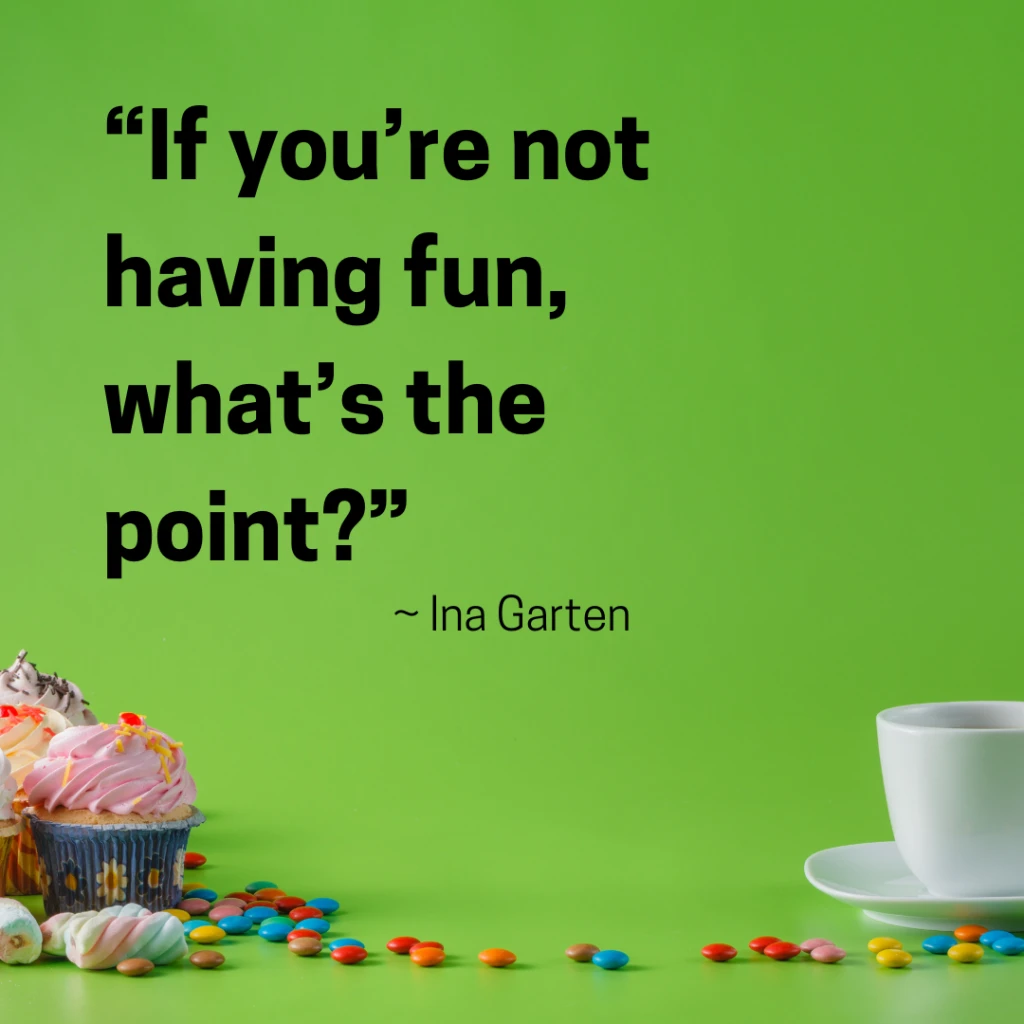“You will only rise to the level of which someone holds you accountable to and you will always, always, do more for others that you will do for yourself” – Kerwin Rae
Recently I was watching one of those talent competitions on TV. During a background segment on one of the contestants, they featured his father, who’d had once pursued the same dream this young man was, gave him some advice that resonated: “Love your Audience”
What does it mean to ‘love’ your audience? It could mean many things to many people, but with my background in the arts, I would tell that I believe he meant that the performer needs to make it about the audience, not themselves, and to connect with them on an emotional level. We’ve all seen musicians and actors who are on stage for their own egos. They’re memorable…because they usually really bad. Those who go on stage and give it all up for the audience’s benefit, not their own, are the acts we truly remember because they reached out and touched our hearts and souls in a way that we could experience. Their payment for this sacrifice was, as counter-intuitive as it may seem, their reward.
If you’ve been on any stage and performed in this selfless manner you might know what I’m talking about and are nodding along saying “Yes, the best feeling in the world!”. For the rest of you who’ve never performed, you might ask: how does that apply to those of us who don’t go on stage for a living? Simply this- we all go stage even if we don’t know it.
The root of the word ‘performance’ comes ‘perform’ older German words for executing or accomplishing. So, in essence, isn’t accomplishing anything another person views a performance of a sort? Don’t we frequently get ‘performance reviews’ from our bosses? How well we do something is how well we perform it. This matters to all of us because how we perform something is impacted by *why* we perform.
• Do we do our jobs for the money? That will show through.
• For the promotion? That will direct how we do what we do.
• For the mission? People will notice.
With all that in mind, consider your audience. You might be doing what you’re doing for a selfish or selfless reason but maybe you’ve never stopped to think about how those you’re doing your job for feel about what you’re doing.
• Would you want a nurse who’s just trying to get through her shift or one that also cares about how you’re progressing and feeling?
• Would you want a mechanic who’s interested in fixing your transmission to get paid or one who also cares about looking to catching other potentially costly issues that they can prevent?
• Would you want a meal from a restaurant that’s getting tables flipped in a timely manner or one that also cares about the quality of your dining experience?
You hopefully chose the latter answer in each of those questions! The ‘also’ makes the difference. Consider how you’re adding value to your audience, not just your job or business. You’ll feel better about what you’re doing if you can pour your heart and soul into your performance for the audience. In return, you get the feeling of having done well and not just ‘got it over with’. If you find you don’t resonate with your audience, perhaps it’s time to find another one- it can be the difference between a work day that’s a drudge and workday that’s a song.
Ready to sing a new song? Consider some coaching or a resume review!


